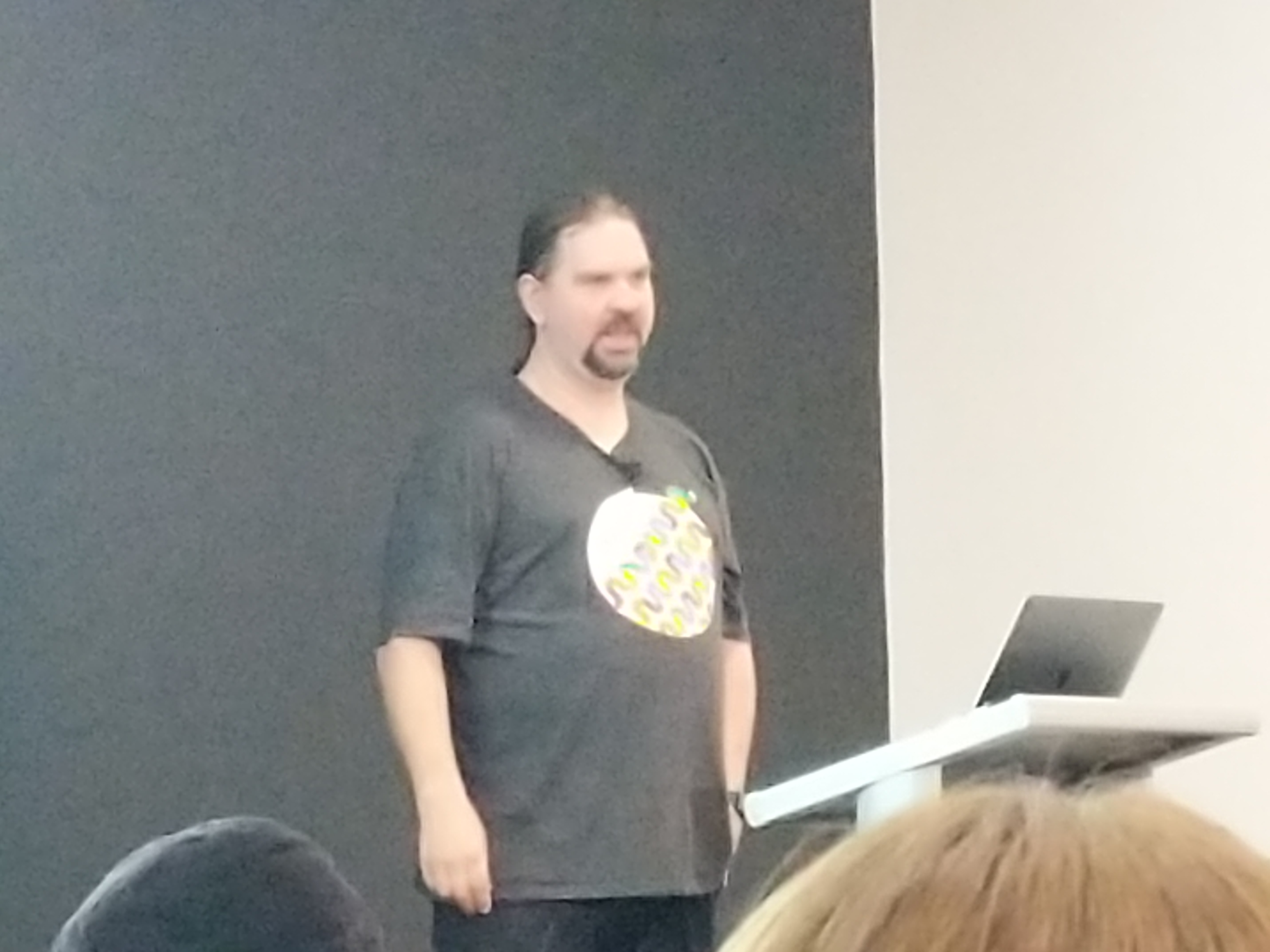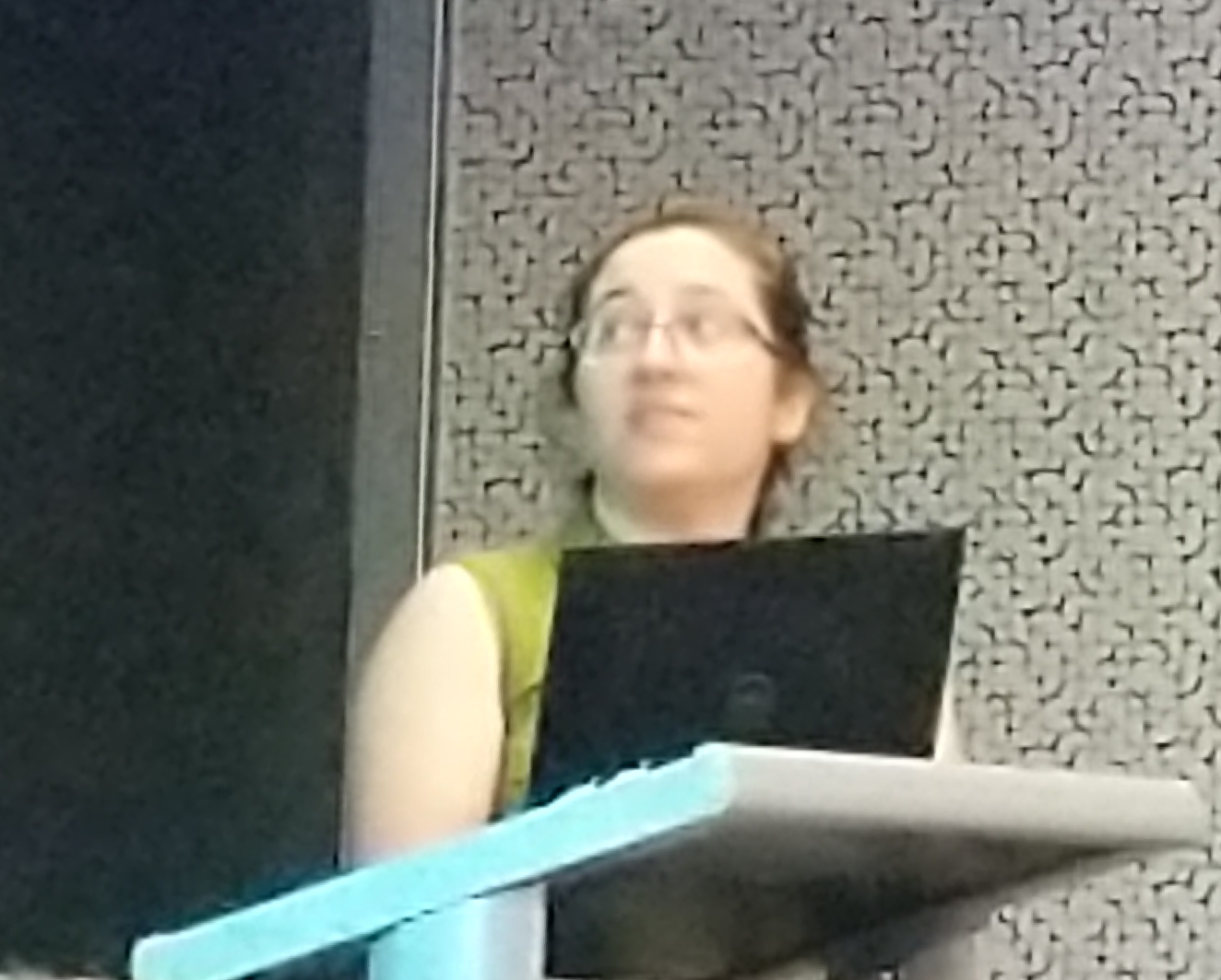What UNIX Cost Us by Benno Rice
Not everything is a file
Connecting to a USB device:
- Windows – not too bad
- Mac – a little weird
- Linux – Lots of weird file operations. ioctl to pass data back and forth
Even worse API for creating usb_fs device. Lots of writing random data to random files.
But this is all behind a nice library?
- Yeah but it is still a mess under the hood
Got a Byte? – Unix IO model
- Works okay on small slow machines with simple slow interfaces
- Doesn’t work so well with Internet, blocking
- poll still has performance limitations
- kevent api looked nice but Linux got epoll instead (but focuses around file descriptors)
- But they are all still synchronous
- Windows has Async calls
Unix is Tied to it’s history
- Windows is newer so could learn from what came before and targetted newer hardware
C is for Colonialism
- Farming in Europe
- Moved to Australia, everything they new about farming doesn’t work any more.
- PDP 11 was what Unix originally was one, simple process model.
- Modern CPUs are not very simple
- New CPUs lie to the OS about what the state of the machine really is (see Spectre).
- C is not built to handle this.
- C doesn’t handle
- Vectorisation
- Structure layout and padding
- Arrays, pointers etc
- We are not on a PDP-11 anymore
- We have failed to evolve out CPUs and C because they are locked to each other
- “C is not a Low Level Language” – Article
The UNIX Philosophy Problem
- Lots of different definitions
- Pipes seem important
- Everything I like about using computers these days tends to be big integrated desktop tools.
Unix Suited it’s time
- By accident it became the thing we all use
- That time was a long time ago
How we run the community has also evolved.

Privacy is not Binary: A discussion of data systems, ethics, and human rights by Elizabeth Alpert and Amelia Radke
I was a little late to this talk so missed out the first 10-15 minutes
Social Media data reuse
- Used by the providers
- Governments
- Other users
- Malicious Users
Chucking lots of data into an “AI” is seen as yelding interesting and cool data.
Within Academia
- Risk management. Aware of harms, mitigated, risk/reward
Is Social Media data public or private?
- It was shared with the expectation of a certain context
- Had to write things your friends but keep random 3rd parities in mind
- Inferring personal information -> Dangerous
- Especially when you are trying to infer “protected” characteristics like sexuality or religion
- Consent? – Tricky
- Anonymizable? – Doesn’t work
Perceptions of Risks
- At risk groups usually given higher protection
- Privacy is cultural concept
- Cultural Maps
How do we do things better
- Ethics can’t be just one person’s responsibility, it has to be in all decisions
- Who does this belong to?
- How do they want it to be shared?
